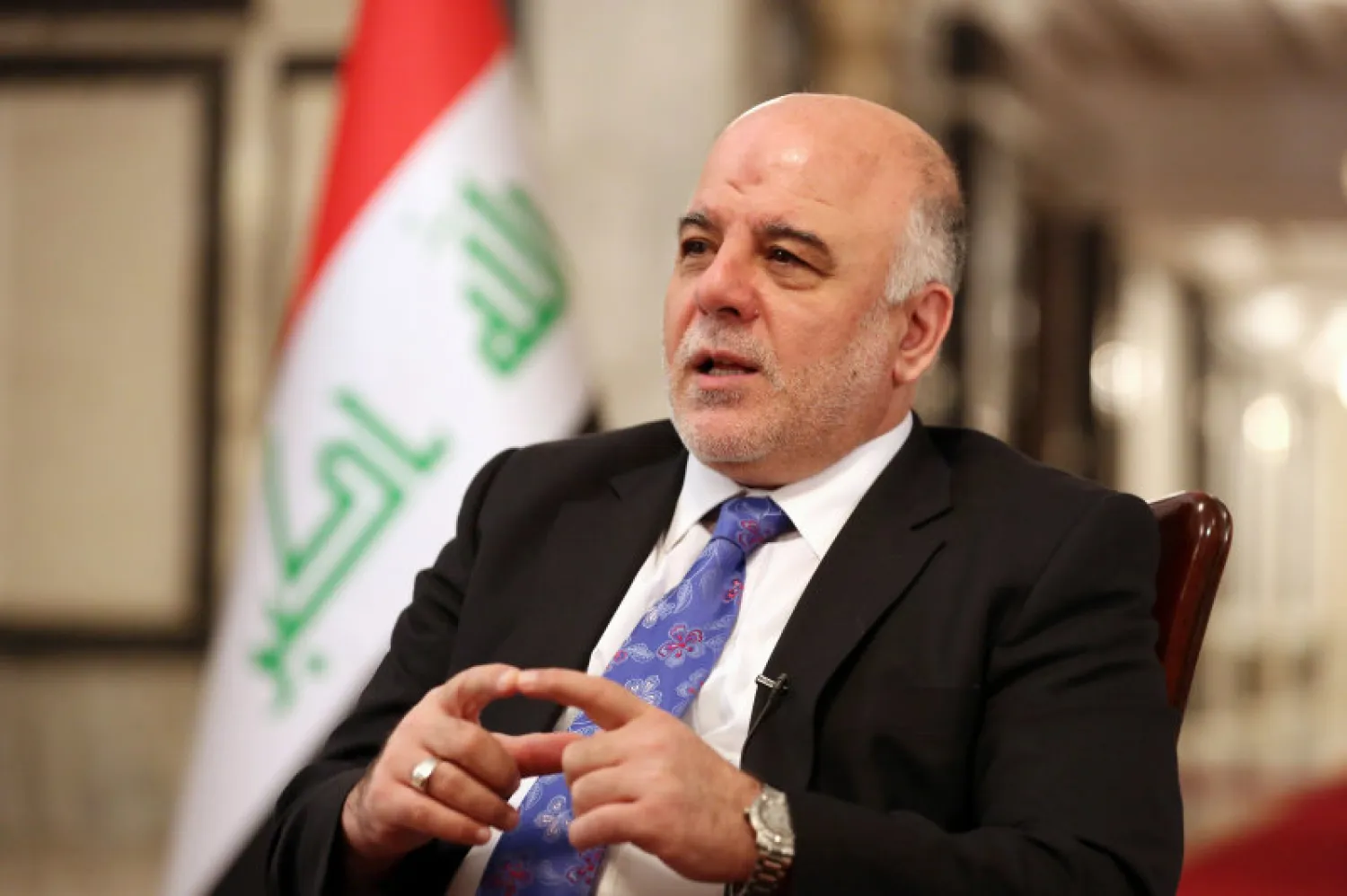Iraqi Prime Minister Haidar al-Abadi arrives in Riyadh on Saturday heading a high-ranking delegation that includes more than 10 ministers, officials and consultants from the Iraqi government to attend the Saudi-Iraqi Coordination Council meeting.
“Both countries expect a great move in their mutual relations after the announcement of this high-ranking council,” Iraqi ambassador to the kingdom Rushdi al-Aani told Asharq Al-Awsat on Friday.
He added: “We had all very gladly witnessed the landing of the first Saudi Airlines plane, which carried more than 200 Saudi businessmen and officials.”
Three days ago, the Custodian of the Two Holy Mosques King Salman bin Abdulaziz Al Saud made a telephone call to Abadi, during which they reviewed bilateral relations between both countries in various fields and ways of enhancing and developing them through the Saudi-Iraqi Coordination Council.
US Secretary of State Rex Tillerson is also expected to attend the inaugural meeting of the council, according to a statement announced by State Department spokesperson Heather Nauert during a briefing late Thursday.
Tillerson's visit to Riyadh will be the first stop in his tour that will take him to other countries in the Gulf region and South Asia starting October 20.
The inaugural meeting of the Saudi-Iraqi Coordination Council in Riyadh comes as Iraqi forces continue their advance to recuperate positions occupied previously by Kurdish Peshmerga forces.
On Friday, the Iraqi forces took control of the last town in the oil-rich province of Kirkuk to become closer to the southern outskirts of Irbil, leading to concerns among Kurdish residents.
Meanwhile, a representative of Iraq’s top Shi’ite cleric Ali al-Sistani welcomed on Friday the Iraqi forces advance towards Kirkuk but called for the protection of Kurds.
Sheikh Abdul Mahdi al-Karbalayi said: “We highly appreciate the good conduct of all parties for completing the redeployment of Iraqi forces in Kirkuk, peacefully and without any armed confrontation.”









